Filter by
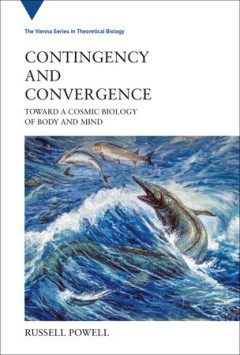
Contingency and Convergence: Toward a Cosmic Biology of Body and Mind
Can we can use the patterns and processes of convergent evolution to make inferences about universal laws of life, on Earth and elsewhere? In this book, Russell Powell investigates whether we can use the patterns and processes of convergent evolution to make inferences about universal laws of life, on Earth and elsewhere. Weaving together disparate philosophical and empirical threads, Powell…
- Edition
- -
- ISBN/ISSN
- 9780262356596
- Collation
- -
- Series Title
- -
- Call Number
- -
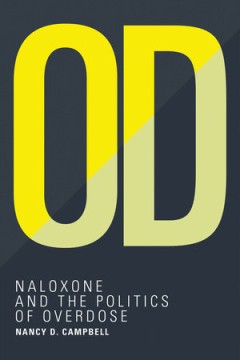
OD: Naloxone and the Politics of Overdose
The history of an unnatural disaster—drug overdose—and the emergence of naloxone as a social and technological solution. For years, drug overdose was unmentionable in polite society. OD was understood to be something that took place in dark alleys—an ugly death awaiting social deviants—neither scientifically nor clinically interesting. But over the last several years, overdose preven…
- Edition
- -
- ISBN/ISSN
- 9780262357470
- Collation
- -
- Series Title
- -
- Call Number
- -

When Blood Breaks Down: Life Lessons from Leukemia
A leading cancer specialist tells the compelling stories of three adult leukemia patients and their treatments, the disease itself, and the drugs developed to treat it. When you are told that you have leukemia, your world stops. Your brain can't function. You are asked to make decisions about treatment almost immediately, when you are not in your right mind. And yet you pull yourself together …
- Edition
- -
- ISBN/ISSN
- 9780262357814
- Collation
- -
- Series Title
- -
- Call Number
- -
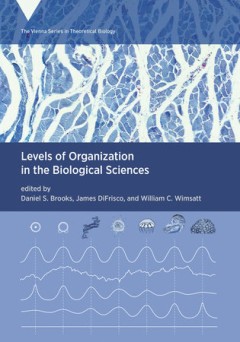
Levels of Organization in the Biological Sciences
Scientific philosophers examine the nature and significance of levels of organization, a core structural principle in the biological sciences. This volume examines the idea of levels of organization as a distinct object of investigation, considering its merits as a core organizational principle for the scientific image of the natural world. It approaches levels of organization—roughly, the…
- Edition
- -
- ISBN/ISSN
- 9780262366199
- Collation
- -
- Series Title
- -
- Call Number
- -
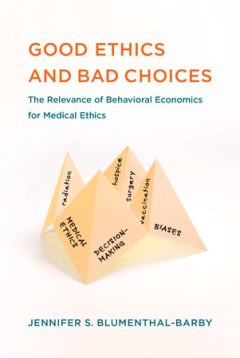
Good Ethics and Bad Choices: The Relevance of Behavioral Economics for Medica…
An analysis of how findings in behavioral economics challenge fundamental assumptions of medical ethics, integrating the latest research in both fields. Bioethicists have long argued for rational persuasion to help patients with medical decisions. But the findings of behavioral economics—popularized in Thaler and Sunstein's Nudge and other books—show that arguments depending on rational …
- Edition
- -
- ISBN/ISSN
- 9780262365291
- Collation
- -
- Series Title
- -
- Call Number
- -
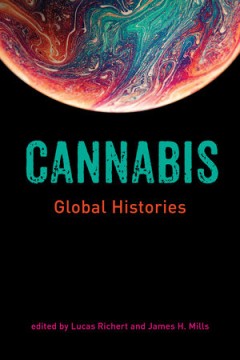
Cannabis: Global Histories
Cannabis consumption, commerce, and control in global history, from the nineteenth century to the present day. This book gathers together authors from the new wave of cannabis histories that has emerged in recent decades. It offers case studies from Africa, Asia, the Americas, Europe, and the Middle East. It does so to trace a global history of the plant and its preparations, arguing that We…
- Edition
- -
- ISBN/ISSN
- 9780262366137
- Collation
- -
- Series Title
- -
- Call Number
- -

Resigned Activism: Living with Pollution in Rural China (Revised Edition)
An examination of the daily grind of living with pollution in rural China and of the varying forms of activism that develop in response. Residents of rapidly industrializing rural areas in China live with pollution every day. Villagers drink obviously tainted water and breathe visibly dirty air, afflicted by a variety of ailments—from arthritis to nosebleeds—that they ascribe to the effe…
- Edition
- -
- ISBN/ISSN
- 9780262365321
- Collation
- -
- Series Title
- -
- Call Number
- -
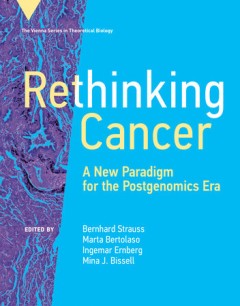
Rethinking Cancer: A New Paradigm for the Postgenomics Era
Leading scientists argue for a new paradigm for cancer research, proposing a complex systems view of cancer supported by empirical evidence. Current consensus in cancer research explains cancer as a disease caused by specific mutations in certain genes. Thanks to dramatic advances in genome sequencing, never before have we known so much about the individual cancer cell—and yet it is still …
- Edition
- -
- ISBN/ISSN
- 9780262363402
- Collation
- -
- Series Title
- -
- Call Number
- -

Mad by the Millions: Mental Disorders and the Early Years of the World Health…
The World Health Organization's post–World War II work on the epidemiology and classification of mental disorders and its vision of a “world psyche.” In 1948, the World Health Organization began to prepare its social psychiatry project, which aimed to discover the epidemiology and arrive at a classification of mental disorders. In Mad by the Millions, Harry Y-Jui Wu examines the WHO's …
- Edition
- -
- ISBN/ISSN
- 9780262363013
- Collation
- -
- Series Title
- -
- Call Number
- -
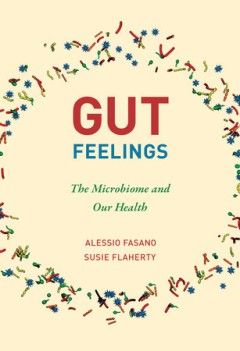
Gut Feelings: The Microbiome and Our Health
Why the microbiome—our rich inner ecosystem of microorganisms—may hold the keys to human health. We are at the dawn of a new scientific revolution. Our understanding of how to treat and prevent diseases has been transformed by knowledge of the microbiome—the rich ecosystem of microorganisms in and on every human. These microbial hitchhikers may hold the keys to human health. In Gut Fee…
- Edition
- -
- ISBN/ISSN
- 9780262363556
- Collation
- -
- Series Title
- -
- Call Number
- -
 Computer Science, Information & General Works
Computer Science, Information & General Works  Philosophy & Psychology
Philosophy & Psychology  Religion
Religion  Social Sciences
Social Sciences  Language
Language  Pure Science
Pure Science  Applied Sciences
Applied Sciences  Art & Recreation
Art & Recreation  Literature
Literature  History & Geography
History & Geography